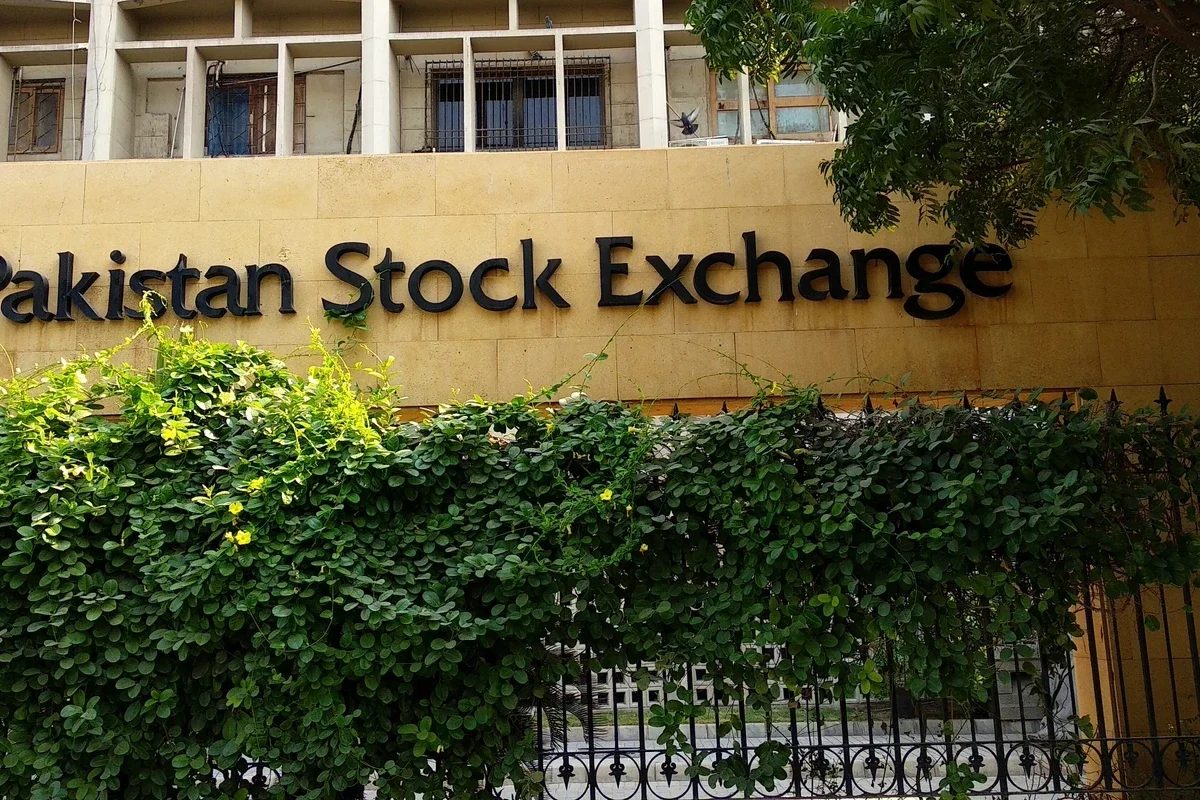PSX proposes tax reforms to revive capital markets and document economy
Measures include aligning derivatives taxes, boosting REITS, scrapping bonus share tax

Javed Mirza
Correspondent
Javed Iqbal Mirza is an experienced journalist with over a decade of expertise in business reporting, news analysis, and investigative journalism. His work spans breaking news, editorial pieces, and in-depth interviews.

The Pakistan Stock Exchange (PSX) has submitted a comprehensive set of tax proposals for the Federal Budget 2025-26 aimed at revitalizing the country's capital markets, enhance documentation of the economy, and attract both domestic and foreign investment.
Derivatives and futures contracts traded on PSX are subject to higher CGT rates compared to commodity futures traded on the Pakistan Mercantile Exchange (PMEX), where gains are taxed at 5%.
PSX has recommended aligning CGT rates for all derivatives (including cash-settled contracts) to 5%, matching PMEX’s structure. The move is expected to revive Pakistan’s dormant derivatives market, which has struggled due to unfavorable tax treatment.
The proposal cites examples like Turkey’s Borsa Istanbul, where derivatives are tax-exempt, and highlights recommendations from the Asian Development Bank (ADB) to develop a modern derivatives market.
Pakistan’s real estate sector, valued at an estimated PKR 90 trillion, remains largely undocumented, dwarfing the formal banking sector (PKR 30.28 trillion in deposits) and the stock market (PKR 14.5 trillion in market capitalization).
PSX proposes to exempt advance tax (under Sections 236A, 236C, and 236K) on property transfers involving Real Estate Investment Trusts (REITs); remove the June 2023 sunset clause for REIT tax incentives, and broaden the definition of "real estate" in tax laws to match REIT regulations.
REITs can bring transparency to real estate transactions, attract retail investors, and generate additional tax revenue through formalized transactions.
The Finance Act 2023 imposed a 10% withholding tax on bonus shares, treating them as taxable income.
PSX has urged the government to withdraw Section 236Z and the amended definition of "income" under Section 2(29) of the Income Tax Ordinance.
Bonus shares are merely a reclassification of reserves and do not represent actual income. Data shows a sharp decline in bonus issuances post-2023—only 12 companies issued bonus shares (worth PKR 24.8 billion) in 2023-24, compared to 53 companies (PKR 31.4 billion) in 2022-23.
The tax discourages unlisted firms from going public, as many rely on bonus issuances to meet listing capital requirements.
A disparity exists where securities acquired between July 2013 and June 2022 are taxed at 12.5% upon sale, while immovable property held for the same period is tax-exempt.
PSX proposed to remove the flat 12.5% CGT rate for pre-2022 securities and apply the same progressive rates as those introduced post-July 2022.
The current system distorts investment decisions, pushing capital into real estate instead of equities. PSX argues that aligning rates would ease speculative pressure on property prices and encourage stock market participation.
Foreign investors enjoy tax exemptions on government debt (like T-bills and PIBs) but face full taxation on capital gains and dividends from equities.
It is proposed to extend the same tax exemption to foreign investments in the stock market. This would help stabilize foreign exchange reserves by attracting portfolio inflows and improving investor confidence.
PSX emphasized that most proposals are either revenue-neutral or revenue-positive in the long run. For instance, REIT reforms could expand the tax net by documenting real estate transactions; bonus share tax repeal may increase trading volumes, boosting CGT collections. Derivatives tax cuts could revive a dormant market segment, generating new revenue streams.
SME Tax Breaks, Corporate Rate Cuts, and Long-Term Policy Stability
PSX has called for targeted tax incentives for small and medium enterprises (SMEs), reduced corporate tax burdens, and an end to frequent tax policy changes that deter long-term investment.
It proposed to introduce a 50% tax credit for the first three to four years for SMEs listed on PSX’s Growth Enterprise Market (GEM) Board, followed by a 20% credit thereafter.
SMEs contribute 80% of non-agricultural employment but only 14% of manufacturing jobs, indicating untapped potential. Listing can help SMEs access capital beyond traditional bank financing. Countries like Spain, Brazil, and Kenya offer similar fiscal incentives to boost SME growth.
PSX proposed to restore Section 65C of the Income Tax Ordinance, allowing a 20% tax credit for companies maintaining a 25% free float.
Listed companies typically exhibit higher profitability due to better governance. The average corporate tax rate in Asia is 19.74%, while Pakistan’s 29% rate (plus super tax) is uncompetitive.
To prevents double taxation and encourages corporate restructuring, PSX recommended to restore exemption under Section 59B for dividends between group companies.
The exchange also advocated to temove the minimum tax regime for listed companies. Listed firms already comply with strict disclosure and auditing requirements, making additional minimum taxes punitive.
Other proposals include granting pass-through tax status to private funds (similar to mutual funds); remove the June 2025 sunset clause for Private Equity & Venture Capital (PE&VC) tax exemptions and apply uniform CGT rates (12.5%) for funds investing in listed securities. Also, resolve jurisdictional conflicts (e.g., Sindh vs. Punjab/KP) on sales tax for services via the Council of Common Interests (CCI).







Comments
See what people are discussing